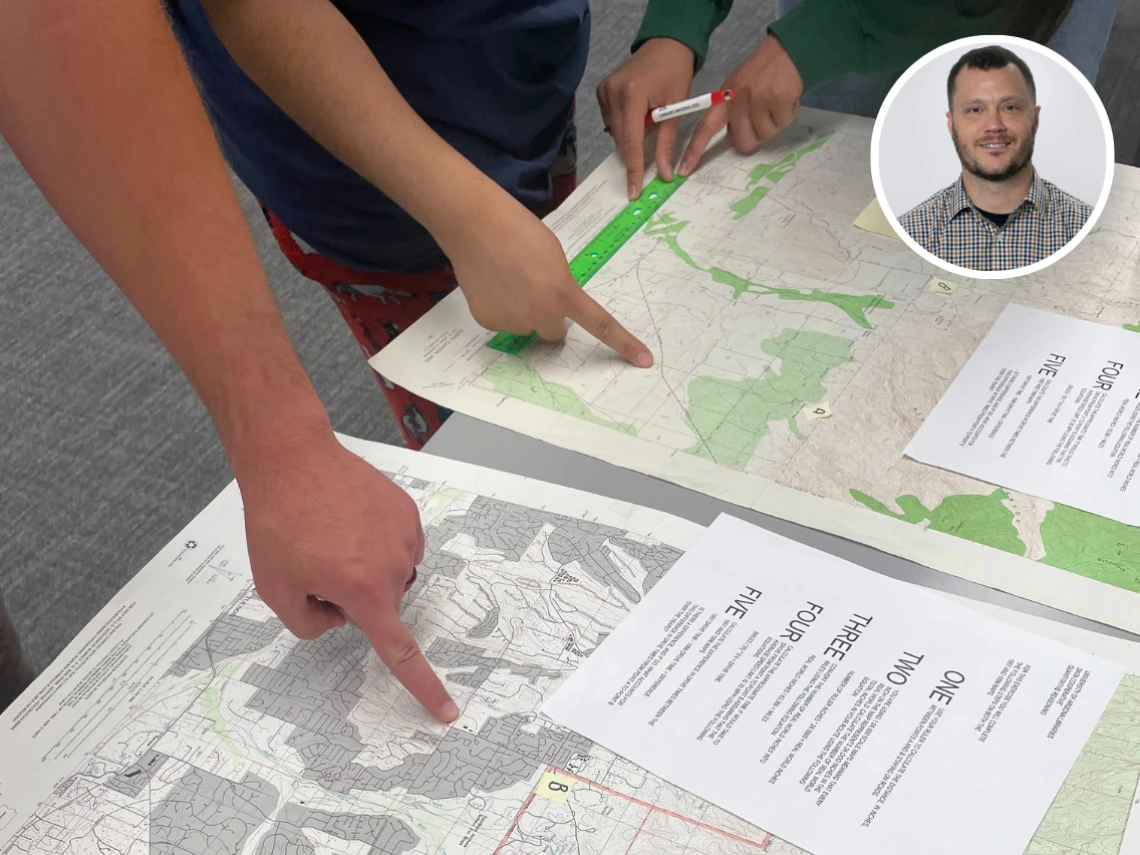How the ReDATA research data repository and reproducibility work together

Jason R. Jurjevich's research addresses geographic and definitional boundary changes of urban areas across time.
Let's celebrate ReDATA’s fifth anniversary!
The University of Arizona Research Data Repository (ReDATA) is one of many services that the University Libraries provides when it comes to research communication and information management.
Our ReDATA team experts, Associate Specialist in Research Data Management Fernando Rios, and Data Repository Specialist Hafeez Adepoju, collaborate with U of A faculty, postdoctorates, students, and staff to deposit data-related materials developed or used to support research activities at the university.
This is the second installment in a series of stories about how the repository works and benefits research.
Reproducibility is the cornerstone of research. It means that other researchers can use the same methods and data and get the same results. If results can’t be reproduced, one question might be raised: Is it really research?
Part of the process to archive publicly available curated research data involves accepting data, as well as accepting the associated software or scripts that were used to analyze the data. Sharing data along with research processes, workflows, and tools may enhance the potential for replicating research results.
One tool that ReDATA integrates with to effectively share data is GitHub, an open access platform that allows users to post and share code. ReDATA uses GitHub to enhance code citability and ensure that the exact version of the code is included alongside the data with which it’s associated.
The data repository helps other researchers reuse archived data to answer new questions and open up new interpretations or discoveries through reproducibility.
U of A researcher Jason R. Jurjevich, an assistant professor in the School of Geography, Development & Environment in the College of Sciences and Behavioral Health, worked with the ReDATA team to archive research data, including The City-Centric Dataset: Metropolitan Geographic Definitions and Code for U.S. Metropolitan Statistical Areas (MSAs) 1980-2020.
"ReDATA has been incredibly helpful for our research, providing an outlet to share our data with colleagues around the world,” said Jurjevich.
With research comes change, even when getting the same results is essential.
Another benefit for ReDATA users is that datasets that are deposited into the platform can be changed after publication. Prior versions of the datasets remain available so that prior results can be reproduced by other researchers.
“This hidden gem of the University Libraries supports research transparency and reproducibility, which are both essential for data-driven scholarship, ” said Jurjevich.
Getting started
- Schedule a consultation with the ReDATA team.
- Subscribe to the Pipelines newsletter for data science and data management news and events.
- Learn about depositing datasets.
The series includes the following stories:
- U of A research data repository celebrates 5th anniversary, Sept. 3, 2025
- Making data findable, accessible, interoperable, and reusable, Oct. 3, 2025
- Advancing open and impactful research, one dataset at a time, Oct. 23, 2025
